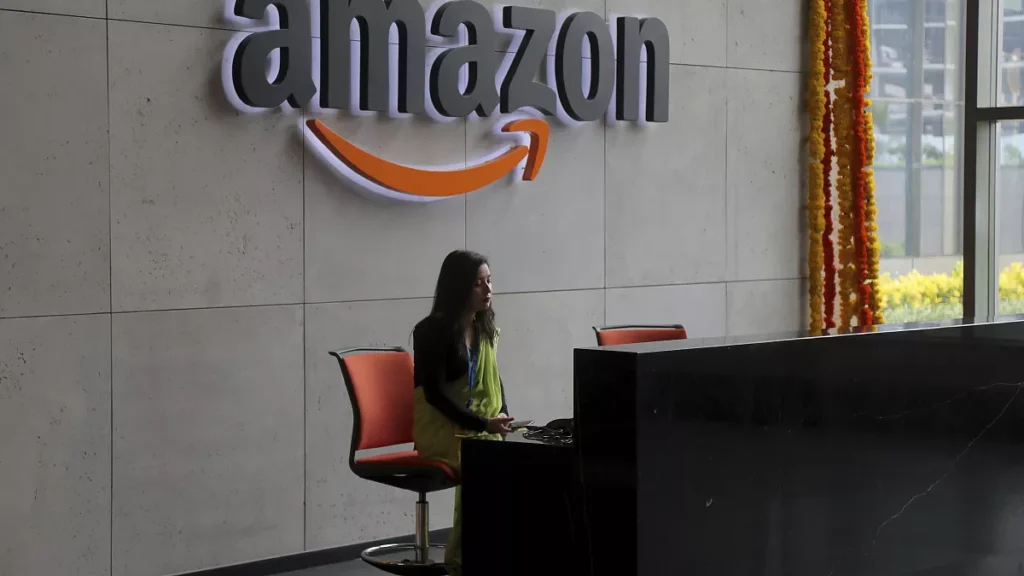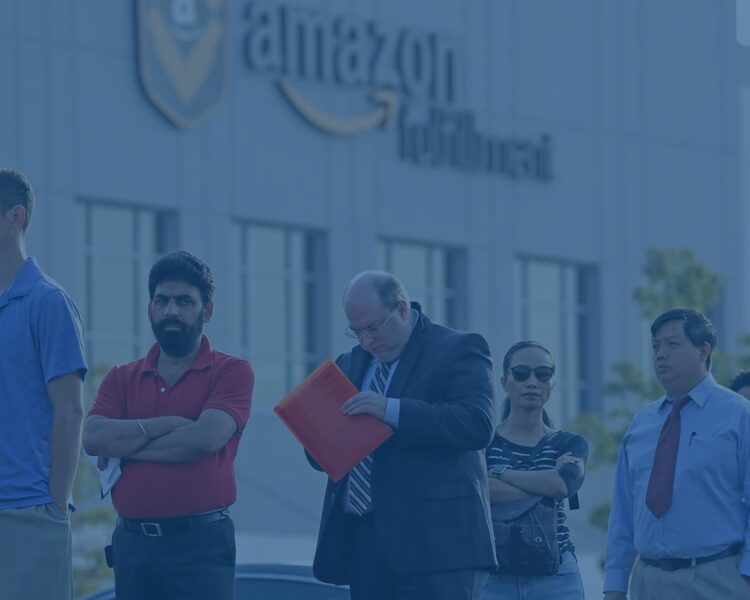Hailey Borg
Amazon is bringing employees back to the office full-time, ending its hybrid work arrangement. Starting in January, CEO Andy Jassy announced in a memo that staff will return to the office five days a week. Jassy explained that this move will help employees “better invent, collaborate, and stay connected,” mirroring the pre-Covid work setup. While Jassy has been skeptical of remote work, Amazon previously allowed staff to work from home two days per week.
The decision has sparked tension within the company, which employs over 1.5 million people worldwide. Last year, Seattle headquarters employees protested when Amazon tightened its remote work policy. The protest’s organizer was later fired, leading to claims of unfair retaliation now under review by labor authorities.

In his Monday memo, Jassy expressed concern that Amazon’s corporate culture was becoming diluted due to remote work and increased bureaucracy. He announced a new “bureaucracy mailbox” where staff can report unnecessary rules, and hinted that managerial restructuring could result in job cuts.
Along with returning to the office, Amazon will eliminate hot-desking in the US, though it will continue in most of Europe. Remote work will only be allowed in special circumstances, such as caring for a sick child or home emergencies, similar to the pre-pandemic policy. Jassy emphasized that outside of these exceptions, the expectation is full-time office attendance.
In contrast, the UK government is moving towards more flexible working, with a new employment rights bill set to make flexible work a default option from day one. Business Secretary Jonathan Reynolds highlighted the benefits of remote work, arguing it could help businesses attract a broader talent pool.
Graeme, a Northumberland resident, shared his view that working from home significantly boosts productivity compared to office work, where distractions are more frequent. However, he acknowledged that the social aspect of office life remains important.
The return to office work has been uneven since the pandemic. While some companies like JP Morgan and Dell are demanding full-time office attendance, the trend is not universal. Economist Nicholas Bloom of Stanford University notes that, despite high-profile announcements, the time spent in offices has been stable over the past year. Many companies continue to expand remote work, even if it garners less media attention.
You Might Also Like

Latest Article
IOM and Bolt join forces to foster better integration support for migrants in the platform economy in Malta
The International Organization for Migration (IOM) and Bolt, a leading European shared mobility and delivery platform, have signed a global agreement aimed at providing integration support for migrants working in the mobility and delivery sectors. The partnership, ‘Bridging the Gap – Integrating Migrants’, will start with a pilot project in Malta that will serve as … Continued
|
1 July 2025
Written by Hailey Borg

MUT And ITS Secure New Collective Agreement For Academic Staff
|
30 June 2025
Written by MeetInc.

May Unemployment Down By 14% Year-on-Year, Now At 1,050
|
30 June 2025
Written by MeetInc.











